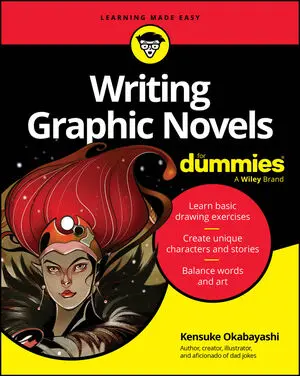Writing dialogue that sounds like it spilled from the lips of teens makes your young adult fiction novel more believable to your audience. Use these five tips to defy your age and write dialogue that's both young-sounding and youth-pleasing:
Blurt things out. Teens often talk first and think second. And their tact filters aren't fully developed yet.
Choose simple words. Young people don't generally break out the 50-cent words in normal dialogue unless they're fascinated by words or maybe want to show off how smart they are.
Exaggerate. For emphasis, teens and tweens often talk in exaggerations, revealing their still-developing perspective of the world and their tendency to overstate in times of high emotion and frustration. Think, "I'm a total loser."
Lighten up. Ditch stiff, proper grown-up delivery and embrace casual syntax instead. String your words together in a more footloose fashion, and maybe throw in a little bad grammar while you're at it. Few people implement grammar precisely when they're in a back-and-forth. After all, when you're trying to get the words out, why bother sorting out sentence structure just so you can use "whom" properly? Loose syntax is more effective at conveying youthfulness than depending on slang, which can date your book.
Make the conversation about the speaker. Teens are a self-absorbed lot, and that can come out in their words. Frame teen dialogue from a perspective that focuses on how the circumstances affect the speaker. Thus, instead of "Tom seemed sad today. I wonder why?" use "Tom blew me off today. What's up with that? What did I do to him?"






